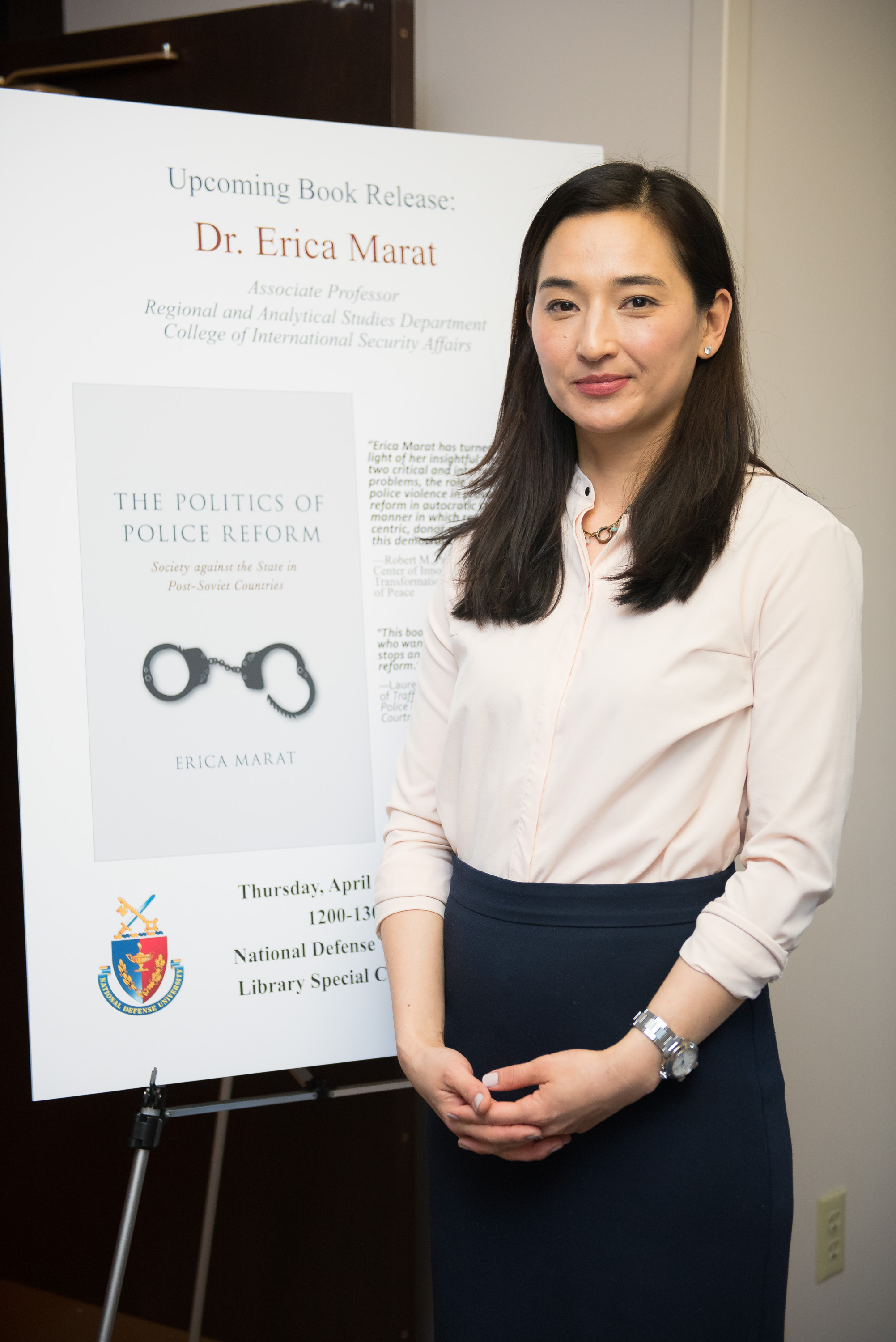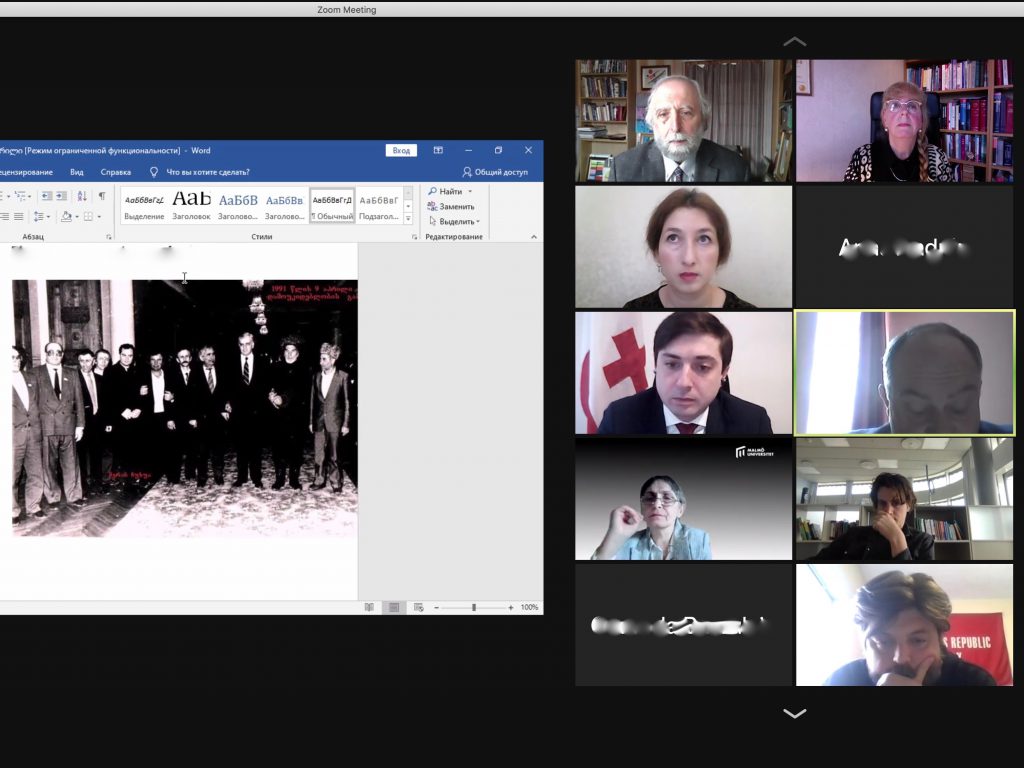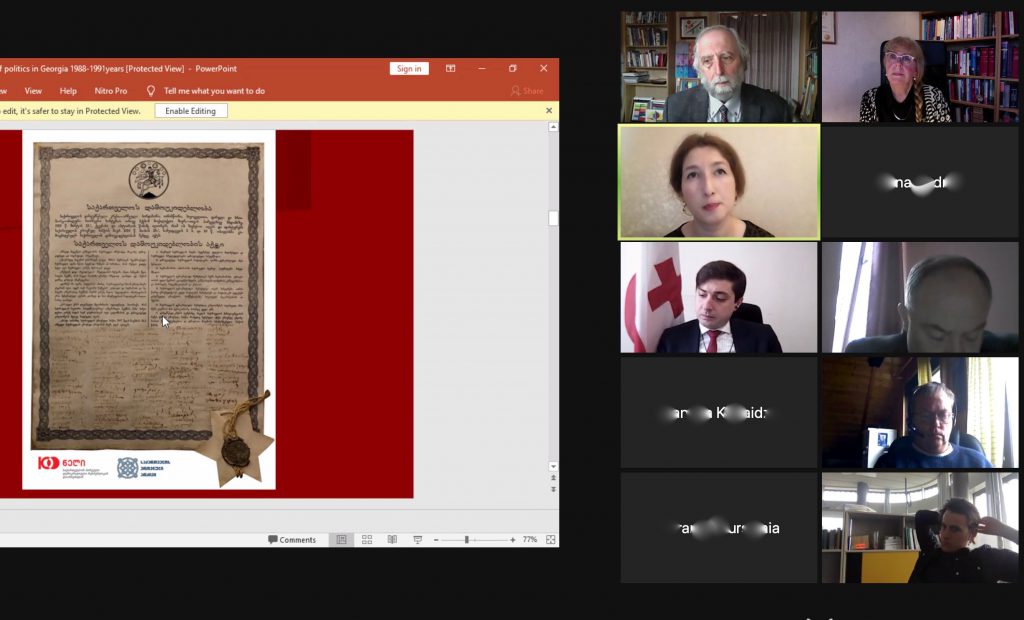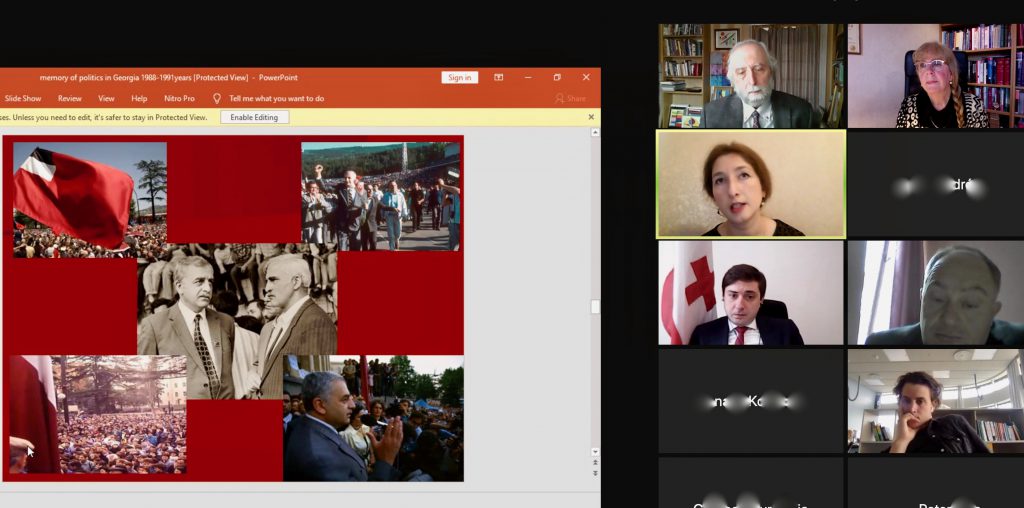 Seminar with Dr. Astrid Hedin, Associate Professor, Visiting scholar at Harvard Univ. Davis Center: Communist state administrative structures. Welcome!
Seminar with Dr. Astrid Hedin, Associate Professor, Visiting scholar at Harvard Univ. Davis Center: Communist state administrative structures. Welcome!
When? December 14, 4.15-5.30 pm
Where: Zoom link
Abstract
Despite the common progeny of communist regimes across the world, research has often treated each communist regime as sui generis, as a class by itself. At the same time, area studies tend to assume that readers are already familiar with the basic structures and core administrative traits of communist regimes.
This article seeks to acquaint a broader set of researchers with communist state administration as a “family” or type (cf. Wollman, 2021). In focus are the core political-institutional features and administrative traditions of the communist state; the historical doctrines, terminology, and actual practices under communism. Administrative structures are described from a broad institutionalist perspective, guided by classic questions concerning principles of hierarchy, autonomy, and complexity, as well as historical praxis and norms, emergent standard operating procedures, and informal rules and relations.
Popular understanding often envisages communist-type administration as hierarchical commands from the top, which can be quietly resisted and circumvented by a purportedly nonpolitical bureaucracy and everyday life. In contrast, empirical studies of both historical communist regimes and 21st-century China draw up a picture of political control more as a tangled and overlapping grid, trellis, espalier, or net.
A concluding section comments on the historical difficulties of doing research on communist administration and suggests some prospects for the field’s change and development



 Dr Rico
Dr Rico  Welcome to the RUCARR seminar with Prof. Vello Pettai, University of Tartu: Foresight Scenarios on Populism: Imagining Central and Eastern European Politics in 2030
Welcome to the RUCARR seminar with Prof. Vello Pettai, University of Tartu: Foresight Scenarios on Populism: Imagining Central and Eastern European Politics in 2030 The role of traditional rituals in resisting energy injustice: The case of hydropower developments in Svaneti, Georgia
The role of traditional rituals in resisting energy injustice: The case of hydropower developments in Svaneti, Georgia

 Dr. Marat’s research focuses on violence, mobilization and security institutions in Eurasia, India, and Mexico. During our seminar, she will present her book – The Politics of Police Reform: Society against the State in Post-Soviet Countries. What does it take to reform a post-Soviet police force? Across the region, the countries inherited remarkably similar police forces with identical structures, chains of command, and politicized relationships with the political elite. Centralized in control but decentralized in their reach, the police remain one of the least reformed post-communist institutions. As a powerful state organ, the Soviet-style militarized police have resisted change despite democratic transformations in the overall political context, including rounds of competitive elections and growing civil society. This book explores the conditions in which a meaningful transformation of the police is likely to succeed and when it will fail. Based on the analysis of five post-Soviet countries (Ukraine, Georgia, Kyrgyzstan, Kazakhstan, and Tajikistan) that have officially embarked on police reform efforts, the book examines various pathways to transforming how the state relates to society through policing. It develops a new understanding of both police and police reform. Departing from the conventional interpretation of the police as merely an institution of coercion, this study defines it as a medium for state-society consensus on the limits of the state’s legitimate use of violence. Police are, according to a common Russian saying, a “mirror of society”—serving as a counterweight to its complexity. Police reform, in turn, is a process of consensus-building on the rationale of the use of violence through discussions, debates, media, and advocacy.
Dr. Marat’s research focuses on violence, mobilization and security institutions in Eurasia, India, and Mexico. During our seminar, she will present her book – The Politics of Police Reform: Society against the State in Post-Soviet Countries. What does it take to reform a post-Soviet police force? Across the region, the countries inherited remarkably similar police forces with identical structures, chains of command, and politicized relationships with the political elite. Centralized in control but decentralized in their reach, the police remain one of the least reformed post-communist institutions. As a powerful state organ, the Soviet-style militarized police have resisted change despite democratic transformations in the overall political context, including rounds of competitive elections and growing civil society. This book explores the conditions in which a meaningful transformation of the police is likely to succeed and when it will fail. Based on the analysis of five post-Soviet countries (Ukraine, Georgia, Kyrgyzstan, Kazakhstan, and Tajikistan) that have officially embarked on police reform efforts, the book examines various pathways to transforming how the state relates to society through policing. It develops a new understanding of both police and police reform. Departing from the conventional interpretation of the police as merely an institution of coercion, this study defines it as a medium for state-society consensus on the limits of the state’s legitimate use of violence. Police are, according to a common Russian saying, a “mirror of society”—serving as a counterweight to its complexity. Police reform, in turn, is a process of consensus-building on the rationale of the use of violence through discussions, debates, media, and advocacy.



 Dr. Peter Eltsov, Associate Professor of International Security Affairs at the College of International Security Affairs, National Defense University (Washington), presents his recent book The Long Telegram 2.0: A Neo-Kennanite Approach to Russia. When: April 12, 4-6 pm (zoom, CET)
Dr. Peter Eltsov, Associate Professor of International Security Affairs at the College of International Security Affairs, National Defense University (Washington), presents his recent book The Long Telegram 2.0: A Neo-Kennanite Approach to Russia. When: April 12, 4-6 pm (zoom, CET)